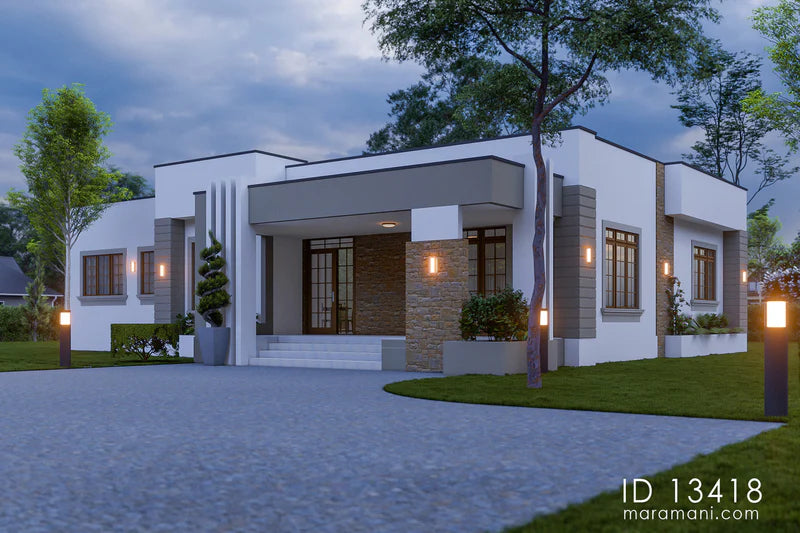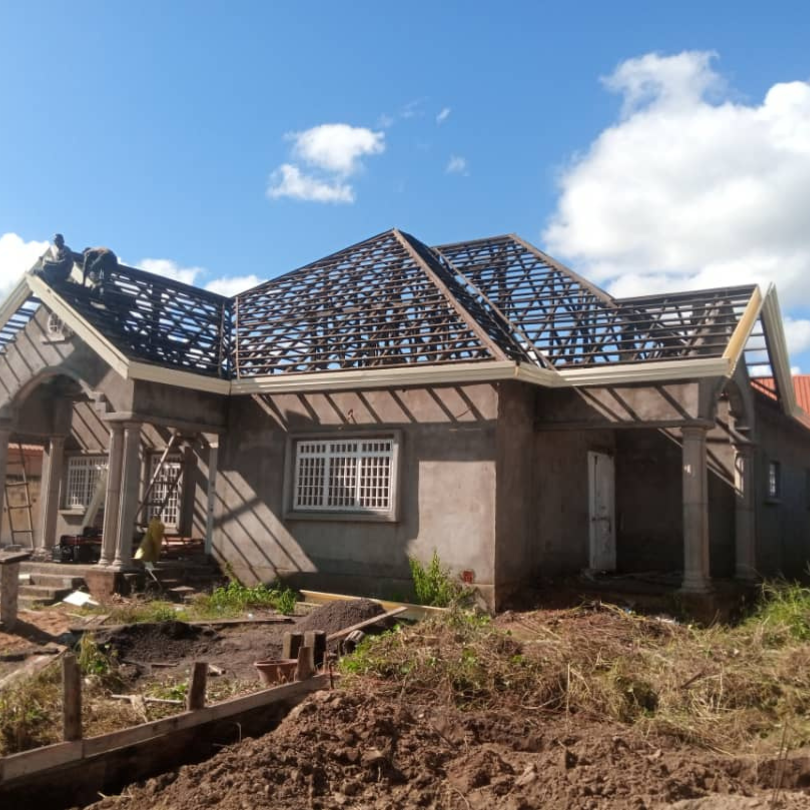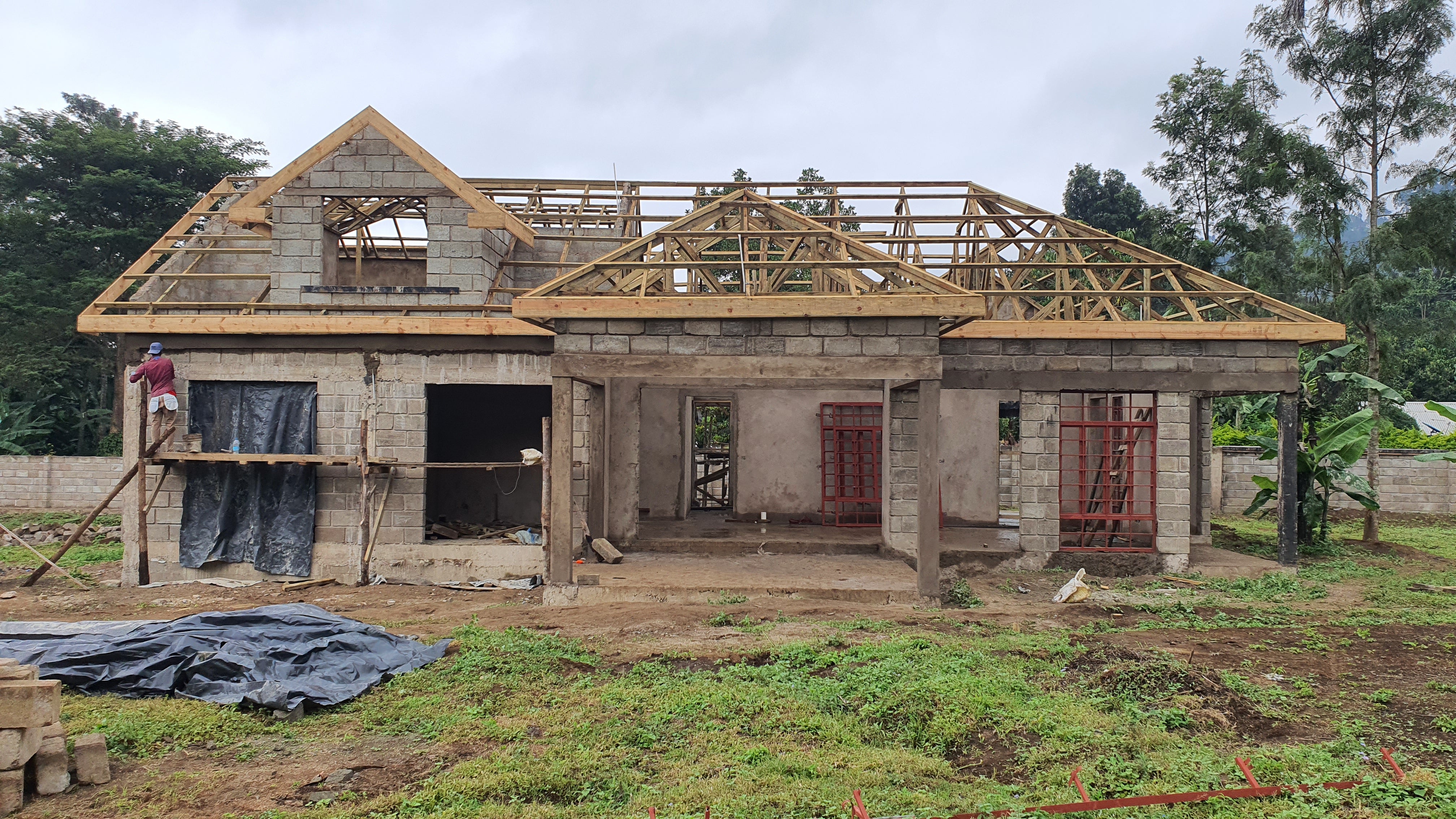A common saying states that everything worth doing is worth doing well. This applies to building a house because it is a costly investment that is expected to hold its value and stand the test of time.
There are many things you need to learn and understand before building a house, such as the preparation for a construction project, obtaining permits from local authorities, and contacting the right stakeholders to help you reach your goal.
What are the factors to consider before building a house?
Determine what your budget is

A budget is the most important thing that warrants being a priority from the moment you decide to start building a house. Do some research to develop a realistic idea of what you can afford to spend. This stage is about balancing your wants with a realistic consideration of what you can manage.
If you want to use high-quality materials, you will need a huge budget to get the necessary materials and professionals to bring your dream house to life.
You may need a construction loan or a mortgage, and you can start by finding out how large of an amount you qualify for and can sustainably pay back. Most banks and financial institutions offer construction loans and have a prequalification process that gives you a ballpark idea of the maximum amount you can receive.
This early stage also requires that you look at what different parts of the home are likely to cost, such as the plot of land, the architect, the contractor, construction materials, finishings and interior features.
Remember that this is a sensitive and time-consuming process that should start months ahead of construction. It may take up to two years to do thorough research and to be well-prepared with everything needed to start construction.
Hire the right people

Getting the right construction experts is an important step in building a house. You need to identify professionals such as architects, carpenters, builders, electricians, landscapers ad plumbers among others who have the right skills and experience to build quality homes.
If you do not hire professionals, you risk ending up with a low-quality home with issues such as improperly installed tiles, botched plumbing and other imperfections that result in expensive and time-consuming renovations.
Choose an ideal plot

If you have not yet acquired a plot of land for your new house, seek out a few realtors and obtain a rough estimate of the cost of land in the areas you are interested. Land costs differ greatly based on local conditions and infrastructural development.
You always need to choose a plot of land before you select your floor plans and other details of the future house. You may need to engage your construction professionals to investigate factors like drainage, soil condition, building codes and zoning in the region.
Remember that it will help your budget if the house you want can be built on the lot using stock blueprints. This is because costs are typically higher when your house design needs to be customized to fit the lot.
Pick a house plan

You can find house plans from printed catalogs and online resources. Identifying the right plan can take a while, and you may need inspiration from other sources to help you define an idea in your mind.
Decide on your favorite house style by getting ideas from online catalogs and contact a building professional to help you choose a plan that fits your needs and plot of land.
Whether you pick from a stock or custom house plan, remember to choose a plan that suits your long-term needs. A young individual may want to plan for future family members, while an older homeowner may want to anticipate aging-in-place needs.
Negotiate contracts

For each building professional involved in constructing your house, ensure you engage them with a written and signed contract. At the very least, get a contract between you and a general contractor, an architect or a home designer if they are a part of the process.
A contract for building a new house will describe the project in detail and include a list of the specifications of the house. Without detailed specifications in writing, your house will likely be built to ‘builder’s grade’ standards which can be on the cheaper and lower quality side.
Be sure to hash out the specifications as part of the contract before it is written and signed, and ensure that everything is listed clearly. Remember to amend the contract as necessary if you or your contractor makes changes to the project.
How do you prepare for construction?
Site clearing
This is the very first step in preparing a construction site. This involves taking down any unwanted buildings, removing trees and eliminating any underground infrastructure. Site clearing must be prioritized because any debris and unremoved structures may hinder the building process.
Site Surveying
You may not know if you are building on the right block. You can get a surveyor to line out the exact area where your house is to be built. This might be an option and is mostly a zoning requirement.
During the design and inception stage, you can task your contractor or architect to perform the site survey so that you have as much helpful information as possible to help you plan how to use the space.
Soil testing
You may want to test the soil composition to determine water absorption rates and the ability to withstand heavy structures. If the soil is not deemed suitable for your construction, you may not have another choice but to look for another soil with the right attributes for your home.
Classes of soil are ranked from excellent, good, good to fair, fair to poor, poor and very poor.
Site plan design
You may want to install elements like septic tanks and drainage systems after soil testing. You may then need to modify the documentation to record the placement of important fixtures such as septic tanks, the position of a borehole and water wells. This will allow you to have a permanent record of underground areas.
A site plan should also be created to show access roads and temporary storage areas for materials and construction vehicles. The plan should also include a temporary power source.
Conclusion
Building a house is a costly and time-consuming process, and there is a lot to be done before you start building.
Learn as much as you can about construction from local experts and information on the internet to be aware of what to expect. Remember to ask as many questions as you can so that you have all the necessary information at hand.
The time spent on the preliminary steps involved in building a home may be exciting yet challenging. Ensure you are keen on every step and keep a written record of everything important to ensure that nothing is left behind.







Leave a comment
This site is protected by hCaptcha and the hCaptcha Privacy Policy and Terms of Service apply.